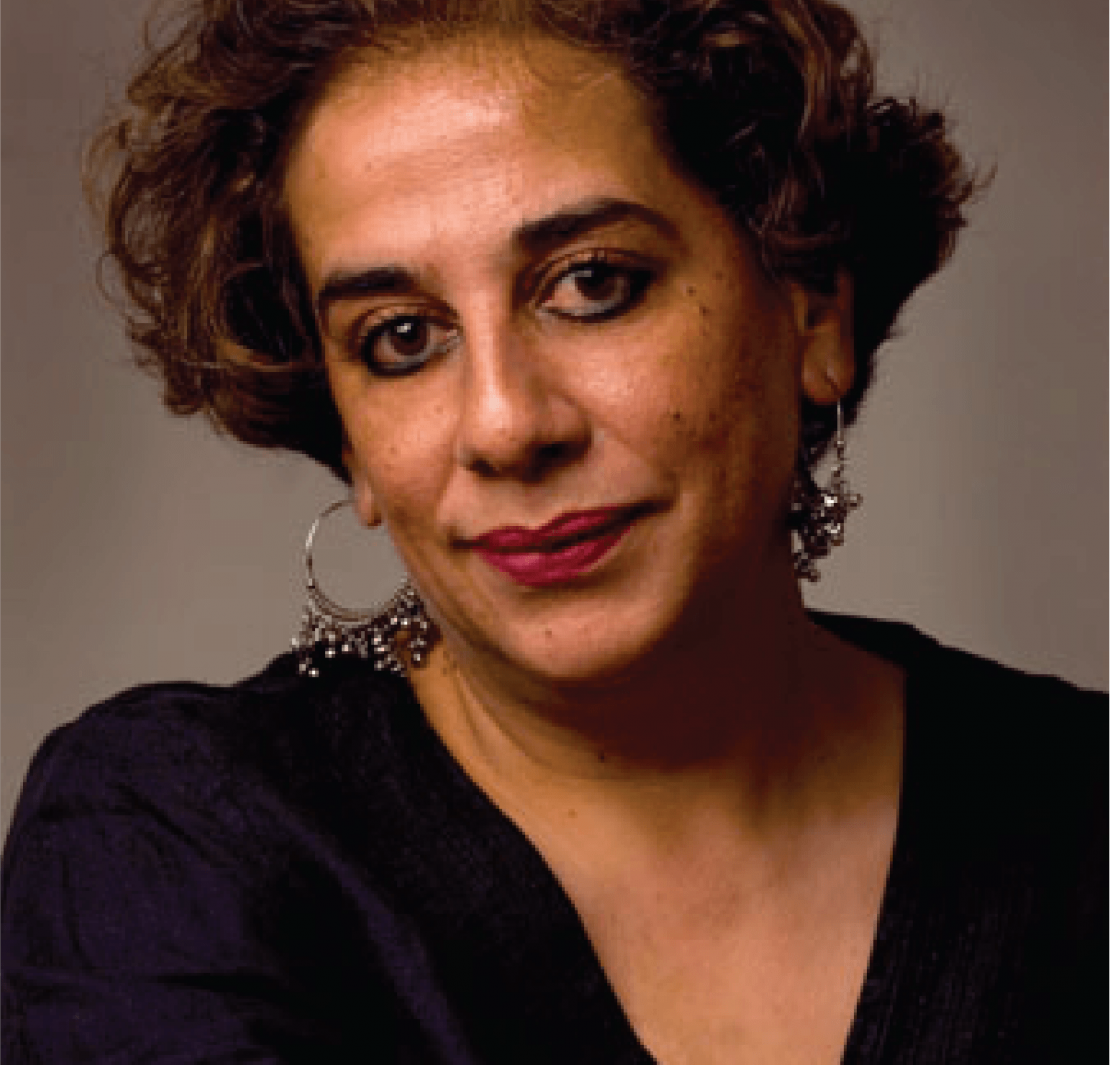Much has been made of British Prime Minister Rishi Sunak’s Kenyan roots, with some comparing Sunak’s rise to the top leadership in Britain to that of Barack Obama, who became president of the United States in 2009. But apart from the fact that both politicians’ fathers were born in Kenya, there isn’t much credit Kenya can take for their ascent to power in the world’s richest and most powerful countries.
In fact, if Sunak’s Kenya-born father had remained in this country, it is likely that his son might never have ventured into politics and almost certainly would not have risen to become President. In the 1960s, shortly after independence, when the Sunaks emigrated to Britain, Kenya was a hostile place for Asians who were denied jobs in the civil service and forced to get work permits because of an ‘Africanisation’ policy that discriminated against Kenyans of Indian origin.
While Africanisation was carried out ostensibly to reverse the racial discrimination Africans endured during colonisation – and which accorded Indians more privileges than those accorded to the indigenous population – it ended up alienating Kenya’s Asians, even those who applied for and obtained Kenyan citizenship. In 1965, advertisements for vacancies in the Public Service Commission came with the following note: “In all cases, preference will be given to qualified candidates who are Kenyan citizens of African origin.” Many Asians who applied for Kenyan citizenship were denied citizenship, which essentially rendered them stateless. As a result of these policies, thousands of Asians left the country for Britain and elsewhere.
This is not to say that Kenyan Asians have not thrived in their chosen trades or professions. Kenya’s Asian community has done well in industry, commerce and in various professions, despite, not because of, government policies that discriminate against them. They owe their success in business and various professions to their own sheer resilience and hard work. In the spirit of philanthropy and self-reliance, Asians have also built schools and hospitals that serve all communities.
However, is it not just this ethnic minority that finds itself locked out of jobs and opportunities in Kenya. The truth of the matter is that most Kenyans only get to rise to the top of their professions once they leave the country because Kenya does not value or reward talent. Mediocrity, ethnic chauvinism and sycophancy are rewarded, with the result that many talented Kenyans find themselves looking for work and opportunities abroad.
Some of our most brilliant citizens were only recognised when foreigners poured them with accolades. The environmentalist and activist Wangaari Maathai, who was vilified and tortured by the Moi regime, became a heroine in Kenya overnight when she won the Nobel Prize for Peace in 2004. But even the more progressive Mwai Kibaki-led government did not see it fit to offer her a full ministerial position or to consider her for another leadership position in government.
Similarly, Lupita Nyong’o had to go to Hollywood to be recognised as an award-winning actress. The celebrated Kenyan writer Ngugi wa Thiong’o was forced into exile because his ideas were considered dangerous. World-renowned Kenyan runners bring home gold medals, not because the government has built world class training facilities for them, but because they spend their own time and money training for months before a race. On the contrary, these runners are often sabotaged by corrupt government officials, as happened at the Rio Olympics when donated running shoes and other gifts for the athletes were stolen from them.
Why do we do this to our own? I believe it is because Kenya was built on a pernicious culture of theft that began during colonialism when British settlers grabbed thousands of acres of land from Africans and relegated the indigenous people homeless, and without any rights. This thievery and land alienation was perpetuated after independence when the political elite continued with the practice of stealing, which made “survival of the richest, the greediest and most ruthless” the guiding principle in politics and in public life.
We value riches – regardless of how they are obtained – over hard work, talent, ethics and integrity. This explains why Chapter 6 of the constitution on leadership and integrity is routinely ignored by successive governments and why when asked whether it mattered how people obtained their wealth, the majority of youth in a recent survey said “No”. It also makes clear why when Maathai won the Nobel Prize, the headline in a local newspaper was about how much money she had been awarded rather than the fact that a Kenyan woman had won this prestigious prize.
We have no right to claim Rishi Sunak or any other person with Kenyan ties whose talent was recognised in other countries because if these people had stayed in Kenya, they would surely have been crushed.


